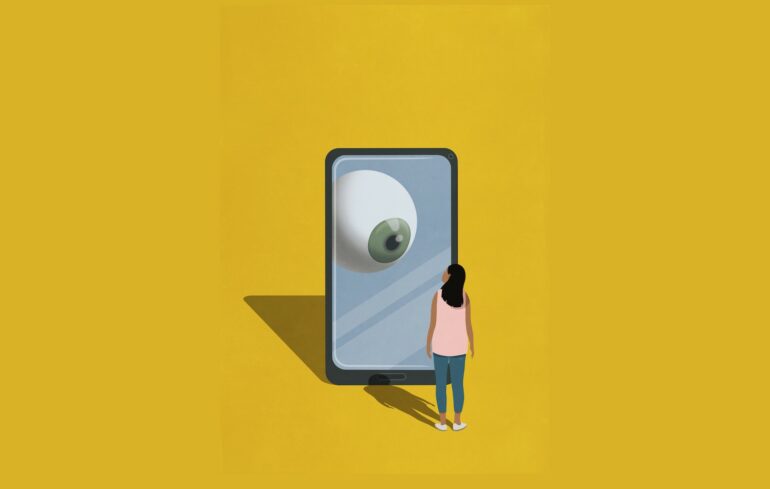Perfect safety is no more possible online than it is when driving on a crowded road with strangers or walking alone through a city at night. Like roads and cities, the internet’s dangers arise from choices society has made. To enjoy the freedom of cars comes with the risk of accidents; to have the pleasures of a city full of unexpected encounters means some of those encounters can harm you. To have an open internet means people can always find ways to hurt each other.
But some highways and cities are safer than others. Together, people can make their online lives safer, too.
I’m a media scholar who researches the online world. For decades now, I have experimented on myself and my devices to explore what it might take to live a digital life on my own terms. But in the process, I’ve learned that my privacy cannot come from just my choices and my devices.
This is a guide for getting started, with the people around you, on the way toward a safer and healthier online life.
The threats
The dangers you face online take very different forms, and they require different kinds of responses. The kind of threat you hear about most in the news is the straightforwardly criminal sort of hackers and scammers. The perpetrators typically want to steal victims’ identities or money, or both. These attacks take advantage of varying legal and cultural norms around the world. Businesses and governments often offer to defend people from these kinds of threats, without mentioning that they can pose threats of their own.
A second kind of threat comes from businesses that lurk in the cracks of the online economy. Lax protections allow them to scoop up vast quantities of data about people and sell it to abusive advertisers, police forces and others willing to pay. Private data brokers most people have never heard of gather data from apps, transactions and more, and they sell what they learn about you without needing your approval.
How the data economy works.
A third kind of threat comes from established institutions themselves, such as the large tech companies and government agencies. These institutions promise a kind of safety if people trust them – protection from everyone but themselves, as they liberally collect your data. Google, for instance, provides tools with high security standards, but its business model is built on selling ads based on what people do with those tools. Many people feel they have to accept this deal, because everyone around them already has.
The stakes are high. Feminist and critical race scholars have demonstrated that surveillance has long been the basis of unjust discrimination and exclusion. As African American studies scholar Ruha Benjamin puts it, online surveillance has become a “new Jim Code,” excluding people from jobs, fair pricing and other opportunities based on how computers are trained to watch and categorize them.
Once again, there…
